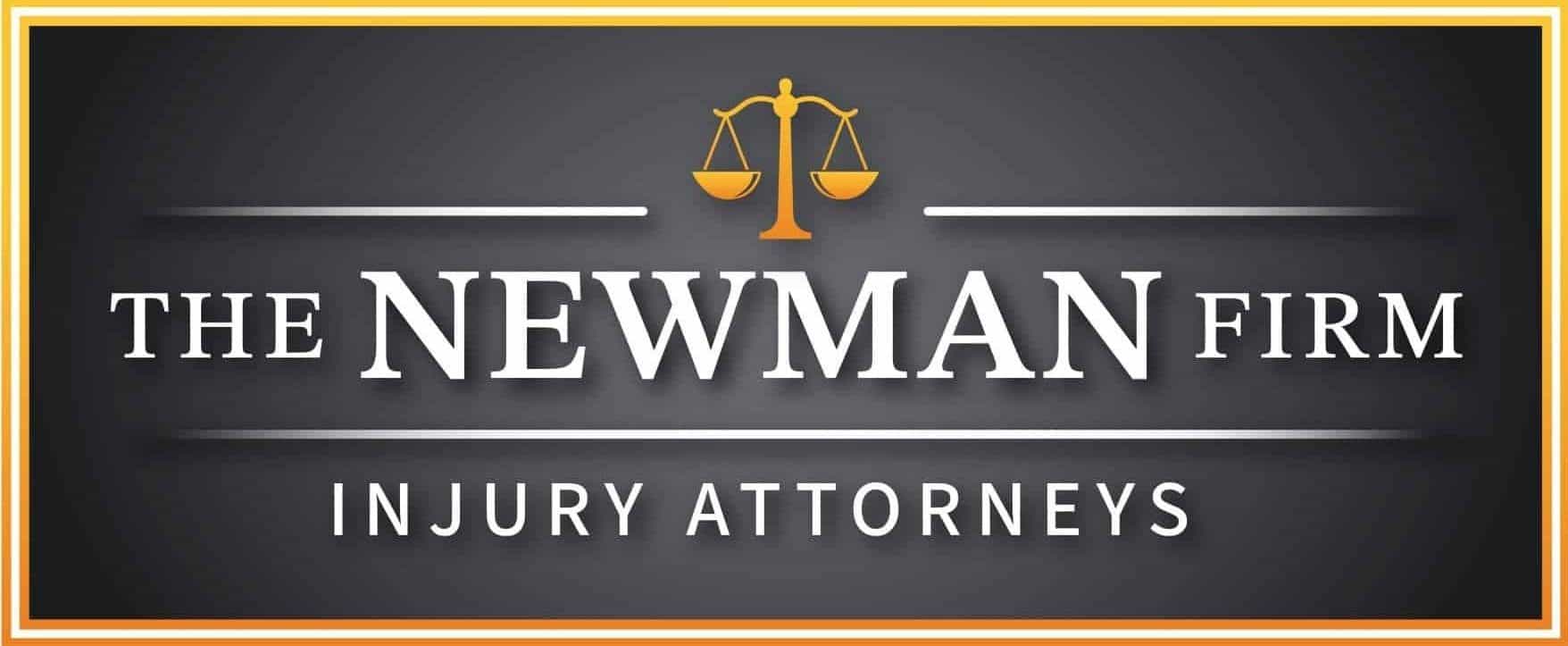When you are injured while engaged in certain types of work, the array of legal bases upon which you can pursue compensation in New York may vary. For some tasks, a workplace injury may open the door to seek an award of damages under one or both of two New York Labor Law statutes: Sections 240(1) and 241(6). These laws are very important for protecting workers who suffer construction accidents due to falls, falling objects or a failure to follow the state’s safety regulations. Even if you weren’t a “hard hat” moving 1,000-pound steel I-beams, that doesn’t necessarily mean that your work isn’t covered by these laws. And, even if you were the only witness to your accident, that also doesn’t mean you cannot achieve a successful result. To find out more about your options for seeking compensation, reach out to an experienced New York construction injury attorney.
Here’s an example from Manhattan that was decided by the Appellate Division last summer. B.C. was a man whose work duties included maintenance of the sprinklers of a building in Chelsea. One day, while working on the sprinklers, B.C. fell off a six-foot A-frame ladder, suffering substantial injuries in the fall. B.C. asserted that he was tightening a bolt when the ladder shifted, and that was what caused his fall.
B.C. sued the building’s owner under Section 240(1). This is a law that says that workers are entitled to adequate safeguards to protect them from falls and from being struck by falling objects. (It’s also sometimes called the “Scaffold Law.”) The building owner, as a key part of its defense, tried to persuade the court that the work that B.C. was doing wasn’t covered by the statute. The law says that it covers erection, demolition, repairs, alterations, painting and cleaning of a building or structure.
B.C.’s accident fell within these parameters. Specifically, the Appellate Division decided that B.C. had established that the sprinkler work he was doing met New York’s standard for a building alteration. B.C. had submitted proof that his work included re-configuring the sprinklers to meet fire code requirements. To be precise, B.C. cut pipes, removed pipes, relocated pipes, relocated valves and installed components. That made his work potentially a basis for a Section 240(1) claim.
As is true in many situations, this worker’s challenges, however, went beyond simply showing that his accident met the standards created by the law. The defense also contended that B.C. should not be entitled to summary judgment because he was the only witness to the accident. (Winning your request for summary can be extraordinarily important to your overall success, as it gives you a judicial determination that the defendant was liable, and gives you that success without your having to go through a full trial on the issue of liability.)
The trial court had awarded summary judgment to B.C., and the Appellate Division upheld that ruling. Even if you are the only witness to your accident, that fact doesn’t mean you can’t win, and it does not mean that you cannot win summary judgment, either. The key lies in how you present your case. If you have established that you suffered harm as a result of an “elevation-related” risk, then that’s enough to shift the obligation over to the defense. If the defense cannot contradict your assertions or depiction of the accident, and cannot provide the court with anything that calls your credibility into question, then your testimony is enough and you win your summary judgment request. That’s what happened for B.C.
Finally, be aware that the defense may try to introduce facts to defeat your case that are not applicable to your lawsuit. In B.C.’s case, the defense argued that B.C. failed to ensure that one of his co-workers set up the A-frame ladder properly. That proof was irrelevant because, even if it was true, it constituted evidence of B.C.’s comparative negligence and the defense of comparative negligence isn’t allowed in Scaffold Law cases.
Get the legal experience you need to get the outcome you deserve. The experienced Queens construction injury attorneys at Newman, Anzalone & Newman have been aiding injured construction workers for four decades. To put our knowledge and skill to work for you, schedule a free consultation with one of our highly qualified attorneys. Contact us toll-free at 877-754-3099 or through our website.

